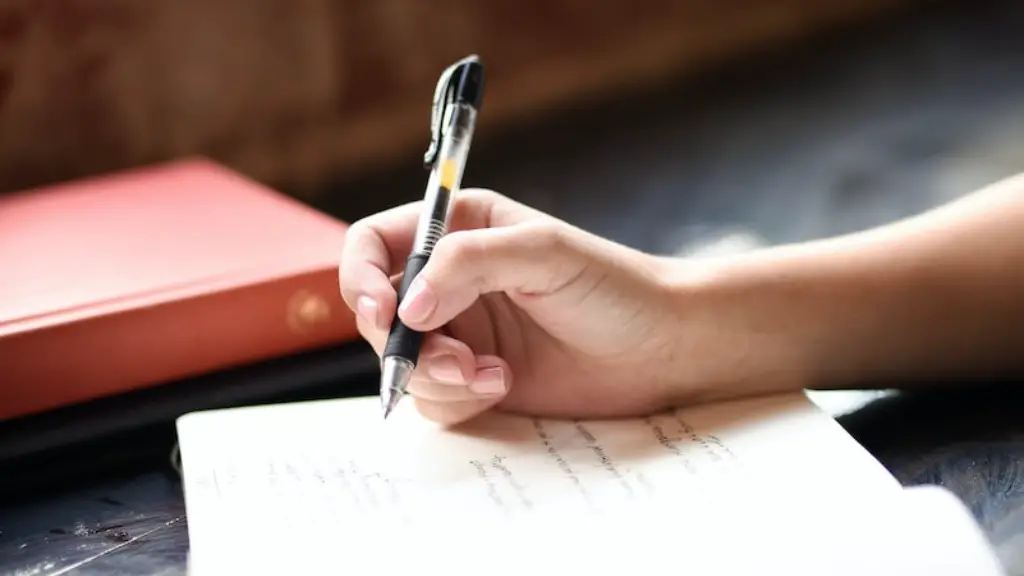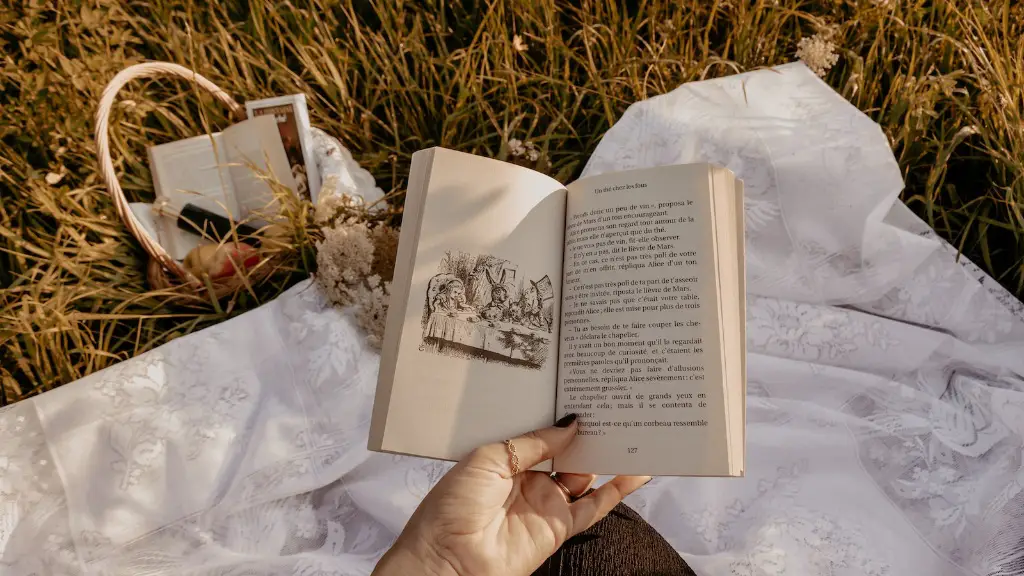Effects of war on poetry
War is an uncomfortable yet an unavoidable part of human life. Despite the harsh realities of the chaotic situation war brings, it has a great influence on many cultural aspects including literature. Poetry is one of the most affected forms of literature during wars, making it relevant as a source of information and insight into the woes of war.
When a writer is faced with the trauma of warfare, he finds himself immersed in his own melancholy. He recounts his experiences in a narrative, painting vivid pictures of the atrocities he has seen. This allows us to feel the angst of those on the battlefield, understanding the very direct and brutal effects of war on an individual level. Through the frail and often desperate words of a soldier, readers of war poetry can gain a deeper appreciation for the struggles of those who have experienced war first hand.
Many renowned poets have made their contribution to the genre of war poetry, allowing us to gain insight into a variety of perspectives of the human experience in times of chaos. Wilfred Owen, for example, wrote his poetry from the perspective of those on the front lines of World War I. His poetry displays horror and despair, underlining the brutality of the bloodshed. Other poets, such as Siegfried Sassoon and Rudyard Kipling, wrote of their own experiences in their poetry, depicting the stark realities of both sides of the battlefield in their work.
War poetry also serves to highlight the futility of war- in particular, World War I has been termed “the war that will end all wars”. Yet, as we can see, this was not the case. While it is difficult to imagine a situation where a war truly eliminates any further bloodshed, war poetry provides us with a reminder that war should never be taken lightly, no matter the cause.
Rhetoric of War Poetry
War poetry is especially noteworthy in terms of rhetoric. The harsh and graphic language used by many war poets is used to emphasize the tragedy of war and to remind readers of its all-encompassing nature. Similarly, many poems contain symbols and metaphors to allow readers to further contemplate the suffering due to wars. The very presence of these symbols and metaphors is a reminder of the fragility of peace and the terror of war.
A lot of war poetry also contains elements of horror and the supernatural. Although this might no longer be relevant in today’s wars, it serves as a reminder that stories of wars have been around for centuries and have been documented across a variety of genres. This allows readers to better understand the very real fear and terror associated with war, as well as the strength and resilience of those who fight through such difficult times.
One of the defining features of war poetry is its ability to focus on individual tragedies rather than the greater war. By doing this, readers are able to better appreciate the effects of war on the human psyche, as well as the intimate and individual stories linked with war.
Political Impact of War Poetry
War poetry has a long and well-established history, since the epic poems of Homer. This history is an essential reminder of the power of literature to influence public opinion and politics. By recognizing this, we can gain insight into the role of war poetry in influencing political discourse and public opinion.
Generally, war poetry is viewed as a medium for promoting anti-war sentiment. Poets such as Wilfred Owen and Siegfried Sassoon used their poetry to criticize and educate the public about the atrocities of war, often leading to a better understanding of the horrors of war. Similarly, contemporary war poets such as Ben Okri have made similar efforts to use their poetry to spread awareness of the plight of war.
In some cases, war poetry has been used to pay respect to those fallen in war, while in others they have been used to show the effects of war on future generations. This duality of war poetry is evidence of its importance as an effective outlet to express feelings of despair, as well as feelings of hope.
Modern Relevance of War Poetry
While war poetry is not as prominent today as it was during the time of Homer, it continues to play an important role in many aspects of literature. Scholars of literature maintain that war poems still have relevance to modern readers. While wars have changed, the emotions associated with it have stayed the same. These emotions are best captured in poetic forms, providing readers with the opportunity to experience these emotions first hand.
Modern war poetry is often more direct, with many poets using it to comment on the effects of war on modern society. These poems are often personal and emotional, providing readers with the opportunity to gain an insight into the individual experiences of those affected by war.
In addition to being used as a reflective and emotional tool, war poetry is also used to spread more general messages about the effects of war. Through the direct language of these poems, poets can share their thoughts on the futility of war and on the importance of peace. In this way, war poetry can still have a powerful expression on society.
The Language of War Poetry
The language used in war poetry is often derived from the vernacular of the era in which the poem is written. By using this style of language, poets are able to capture the nature of war in a more immediate and emotive manner.
At the same time, war poetry often makes use of classical poetic devices such as alliteration, metaphor and symbolism. By using these devices, poets can provide readers with a deeper and more vivid insight into the horrors and emotions associated with war.
Furthermore, modern war poets are often drawing on the experiences and symbols of previous wars. Through the use of more modern language and more deeply personal elements, war poetry can provide modern readers with a fresh perspective on the difficulties and emotions of war.
Conclusion of War Poetry
In conclusion, it is clear that war poetry is a powerful form of literature that has been used to convey the horrors of war for centuries. Whether through its emotive language or its use of classical poetic devices, war poetry has managed to capture the emotions and thoughts of those who have experienced war first hand.
Furthermore, it has been used to provide a platform for those who wish to share their own experiences, as well as their views on war in general. Through its ability to capture the heart of war, war poetry can serve as a reminder of the need for peace and of the difficulties of war. Furthermore, it provides us with an insight into the fragility of peace and the lasting effects of war.

